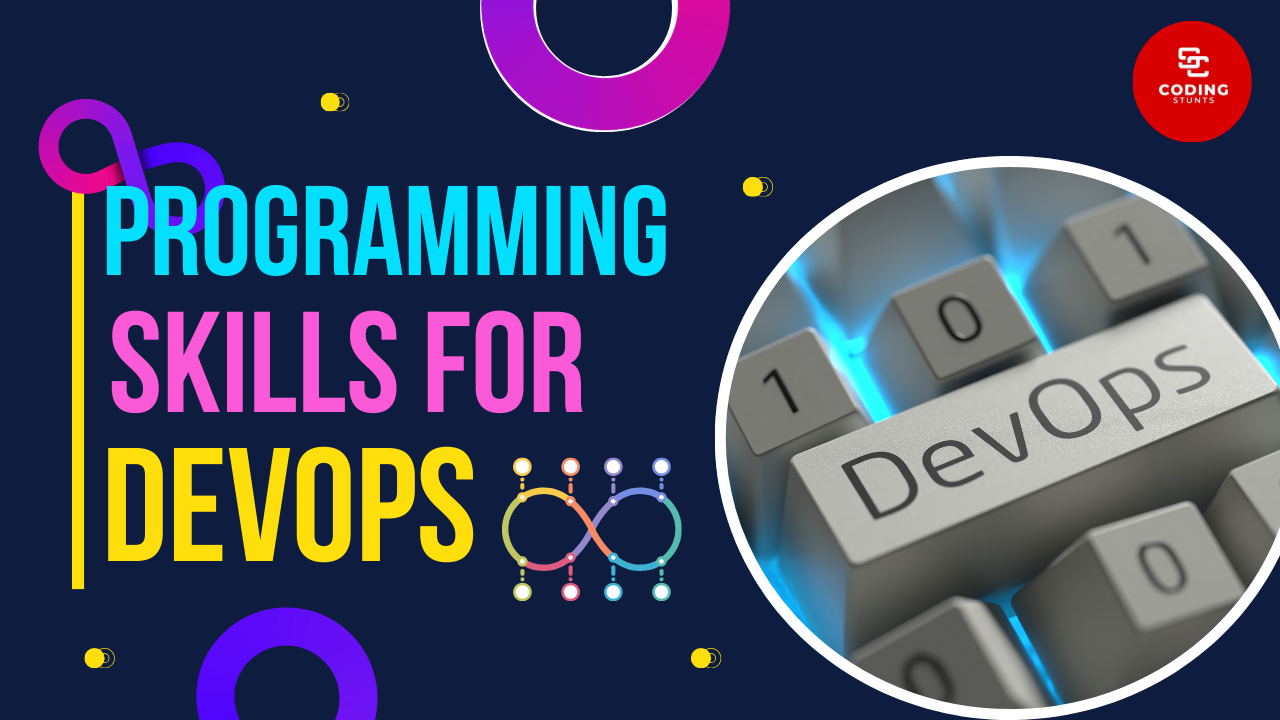


DevOps is an essential practice for modern software development, bridging the gap between development and operations teams to ensure seamless delivery, scalability, and reliability. To succeed in this field, developers need a unique blend of programming, automation, and problem-solving skills. This guide will cover the must-have programming skills that will empower you as a DevOps engineer.
DevOps is not just about operations or infrastructure management. A DevOps engineer must have strong programming skills to create, manage, and automate processes that ensure consistent delivery and performance of software applications.
Python is the go-to language for DevOps automation. Its simplicity, powerful libraries, and extensive community support make it the ideal choice for scripting tasks and developing automation tools.
Bash or Shell scripting is crucial for managing tasks in a Unix-based environment, which is commonly used in DevOps setups.
Go, known for its simplicity and efficiency, is increasingly popular in the DevOps world, particularly for building scalable infrastructure tools.
Ruby is heavily used in infrastructure automation, particularly in tools like Chef and Puppet.
Automation is the heart of DevOps, and scripting plays a vital role in it. Whether it’s setting up environments, handling deployment, or automating tests, knowing how to write efficient scripts is critical.
Managing configuration files manually can lead to errors, especially in large environments. Configuration management tools like Ansible, Chef, and Puppet automate the process and ensure consistency across servers.
Infrastructure as Code (IaC) allows you to manage and provision computing resources via machine-readable files instead of physical hardware.
DevOps and containerization go hand-in-hand. Understanding how to work with containers, especially with Docker and orchestration tools like Kubernetes, is crucial for a DevOps role.
Being able to monitor applications and infrastructure is key to ensuring uptime and performance. DevOps engineers must write or integrate monitoring scripts and tools.
A strong understanding of CI/CD pipelines is mandatory for any DevOps professional. Continuous Integration ensures that every code change is automatically tested and validated, while Continuous Deployment automates the release of that code to production.
In addition to technical knowledge, DevOps engineers must develop strong soft skills.
Mastering programming skills is critical for anyone aiming to succeed in DevOps. From scripting to automation, containers to CI/CD pipelines, the right blend of skills will enable you to streamline development, increase deployment efficiency, and manage infrastructure at scale.
Stay curious, keep experimenting with new tools, and remember: DevOps is about continuous improvement—not just for the system, but for yourself as well!
Comments are closed